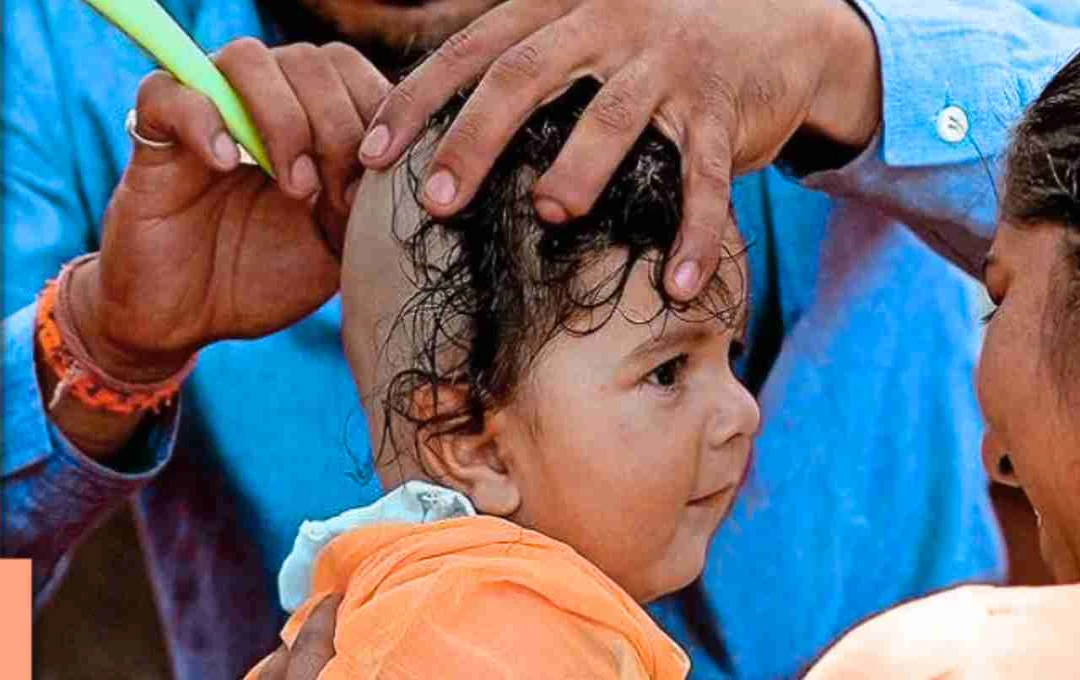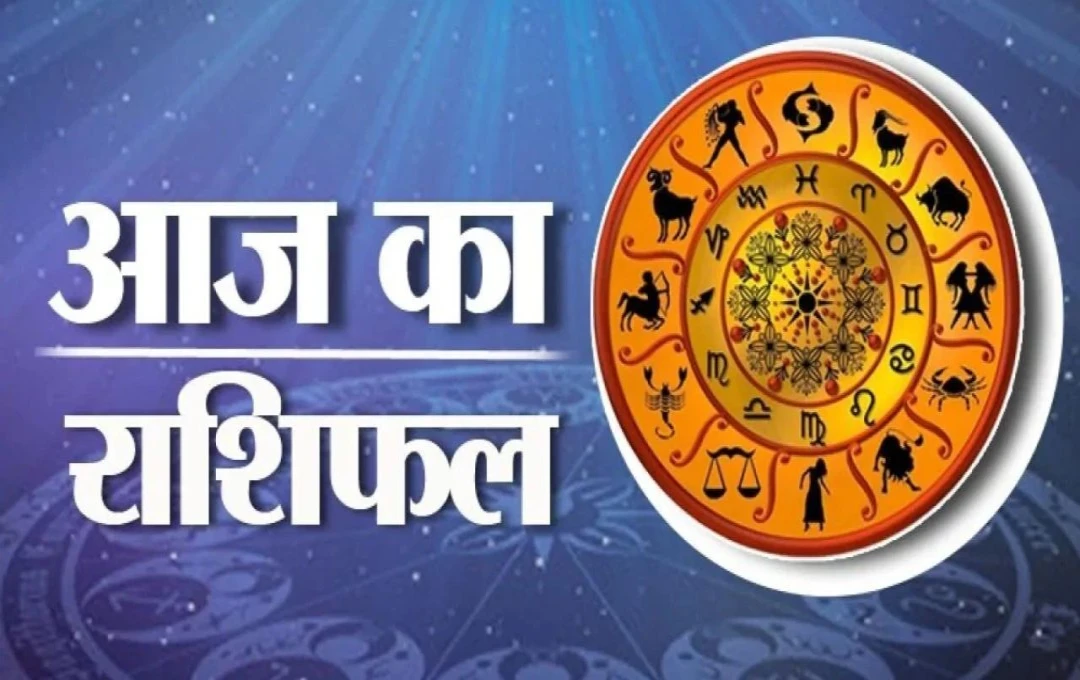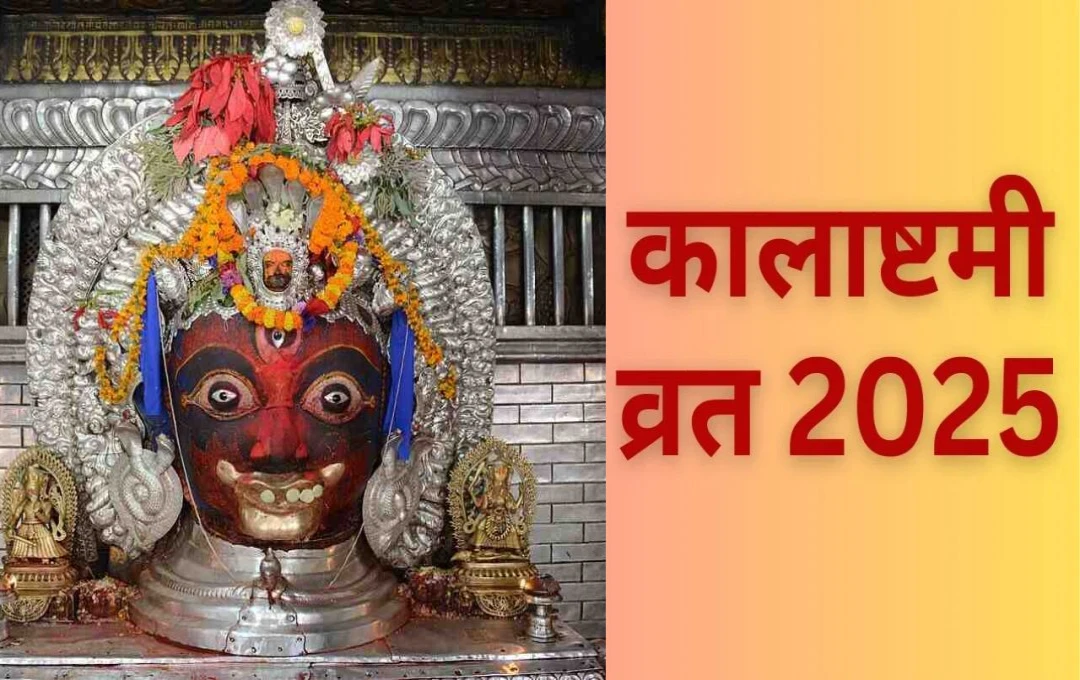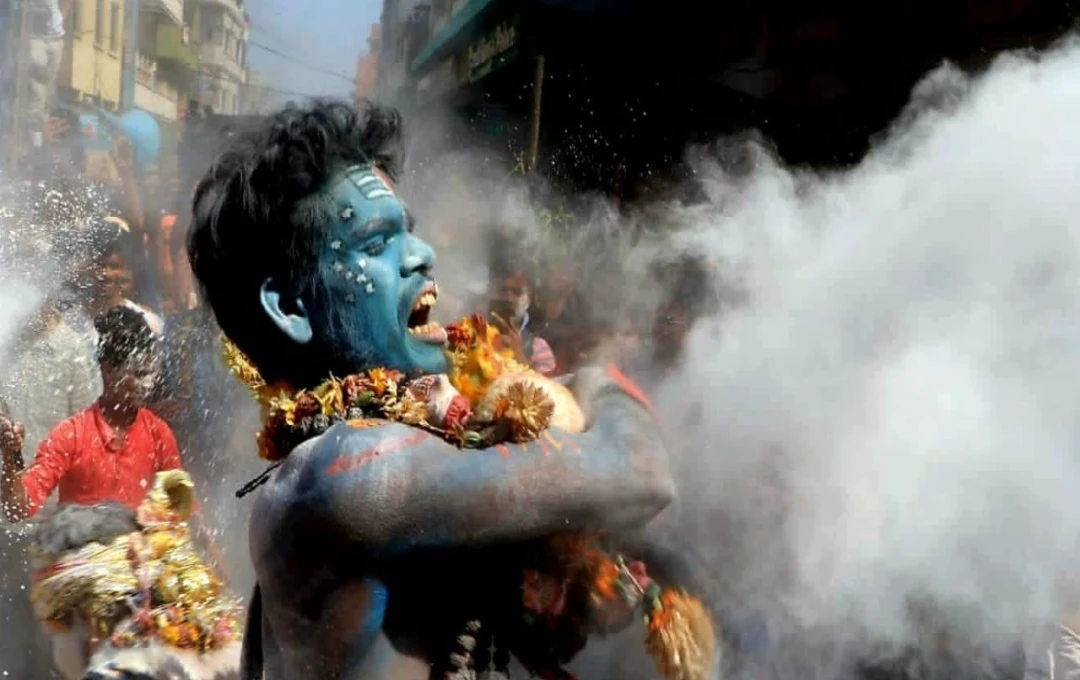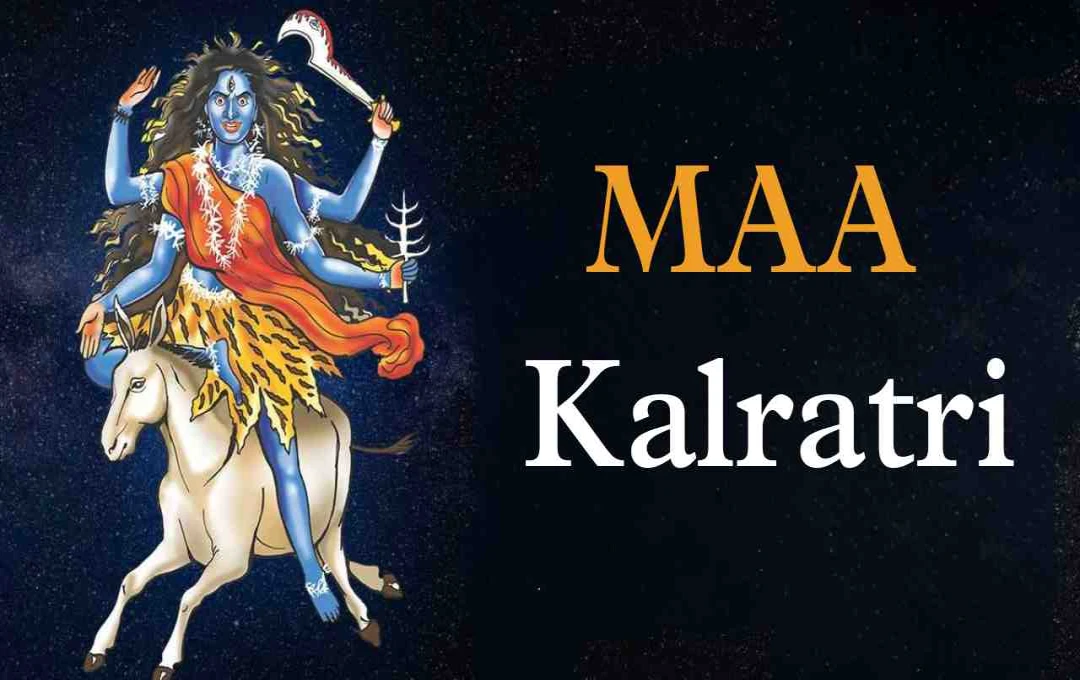In Hinduism, a total of sixteen sacraments (sanskaras) are prescribed, and one of the most significant among them is the Mundan. Also known as 'Chaul Karma,' it is considered the first major purification ritual in a child's life. When a child has their head shaved for the first time, it is seen as more than just a simple act; it is also considered spiritually, astrologically, and scientifically significant.
The Auspicious Time for the First Haircut
According to tradition, the Mundan is performed at the end of the child's first year, or in the third, fifth, or seventh year. In some families, girls have their Mundan done in the second or fourth year. The belief behind this is that cutting the hair removes the child's past karma and negative influences, infusing new energy into their life.
What Doctors Say
From a medical science perspective, a newborn's skull bones gradually fuse together. These bones fully solidify by the age of one and a half years. Therefore, when performing the Mundan, care is taken to ensure that the child's head has become fully b.
When is the Auspicious Time?
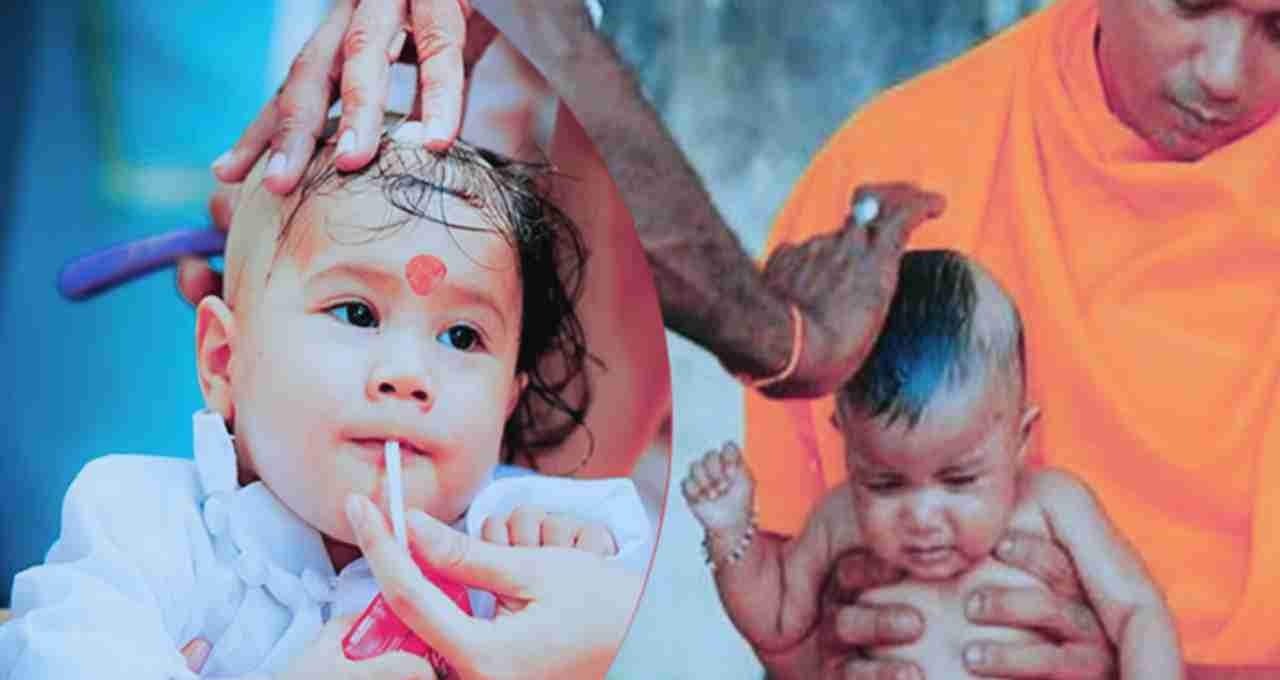
For the Mundan ceremony, the date, day, constellation (nakshatra), ascendant (lagna), and the positions of the planets are observed. This auspicious time (muhurta) is determined based on the birth chart to provide the child with maximum benefits.
Which Dates are Considered Auspicious?
The second, third, fifth, seventh, tenth, eleventh, and thirteenth lunar days (tithis) are considered auspicious for the Mundan. These dates are considered to be associated with positive energy from a religious perspective.
Which Days of the Week are Better?
Performing the Mundan on Mondays, Wednesdays, Thursdays, and Fridays is considered auspicious. However, the Mundan for girls is forbidden on Fridays. It is considered better to avoid this ceremony on Saturdays, Sundays, and Tuesdays.
Which Constellations are Auspicious?
In astrology, certain constellations are considered particularly auspicious for the Mundan. These include Ashwini, Mrigashira, Punarvasu, Hasta, Pushya, Chitra, Swati, Jyeshtha, Shravana, Dhanishta, and Shatabhisha. Rituals performed under these constellations are believed to yield auspicious results in the future.
Decisions Based on Zodiac Signs and Ascendants
When the Sun is in the Aries, Taurus, Gemini, Capricorn, and Aquarius signs, performing the Mundan ceremony is considered auspicious. Additionally, it is beneficial to perform this ritual in the second, third, fourth, sixth, seventh, ninth, and twelfth ascendants.
When Should Mundan Not Be Performed?
There are also times when the Mundan ceremony is prohibited. For example:
- During Chaturmas, when Lord Vishnu is in Yog Nidra (sleeping state), no auspicious ceremonies are performed.
- This ritual should also be avoided during Adhik Maas or Malmas (extra lunar month).
- Performing the Mundan for the eldest son in the month of Jyeshtha is also forbidden.
- When the mother is pregnant, especially if she is 5 months or more into her pregnancy, the Mundan ceremony of the elder son is not performed.
- The Mundan is forbidden during the birth constellation and birth sign, or when the Moon is in the fourth, eighth, twelfth, and enemy houses.
Why Mundan is Necessary from an Astrological Perspective

In astrology, Mundan is considered not just a tradition, but a means of balancing the influence of planets. This ceremony helps balance the positions of the planets present in a child's horoscope. Especially, the hair that a child has at birth is linked to past life's karmas. It is believed that some debts or negative influences from the previous life also remain with these hairs.
By performing the Mundan, these are removed so that the child can move forward in a new life with a pure mind and soul.
Connected to Purity, Energy, and Wisdom
It is said that when the head is shaved, it increases mental clarity and concentration. It also helps the child's brain to develop freely. In ancient times, it was also believed that cutting the hair strengthened the hair roots, leading to healthier hair in the future.
Protection from Negative Energy
From a religious perspective, Mundan protects the child from the evil eye, negative energy, and unknown dangers. This ritual serves as a way to give a new direction to their energy and purify them on a spiritual level.
Special Importance in Family Traditions
Different parts of India have different traditions related to the Mundan. Sometimes it's performed at a nearby pilgrimage site, while other times it's completed in the village or in the courtyard of the house. In some places, it's considered essential to perform the Mundan at the temple of the family deity (Kuldevta or Kuldevi).
This ceremony is performed with a religious ritual, including a Havan (sacred fire), prayers, and blessings. All family members participate in this ritual and wish for the bright future of the child.
